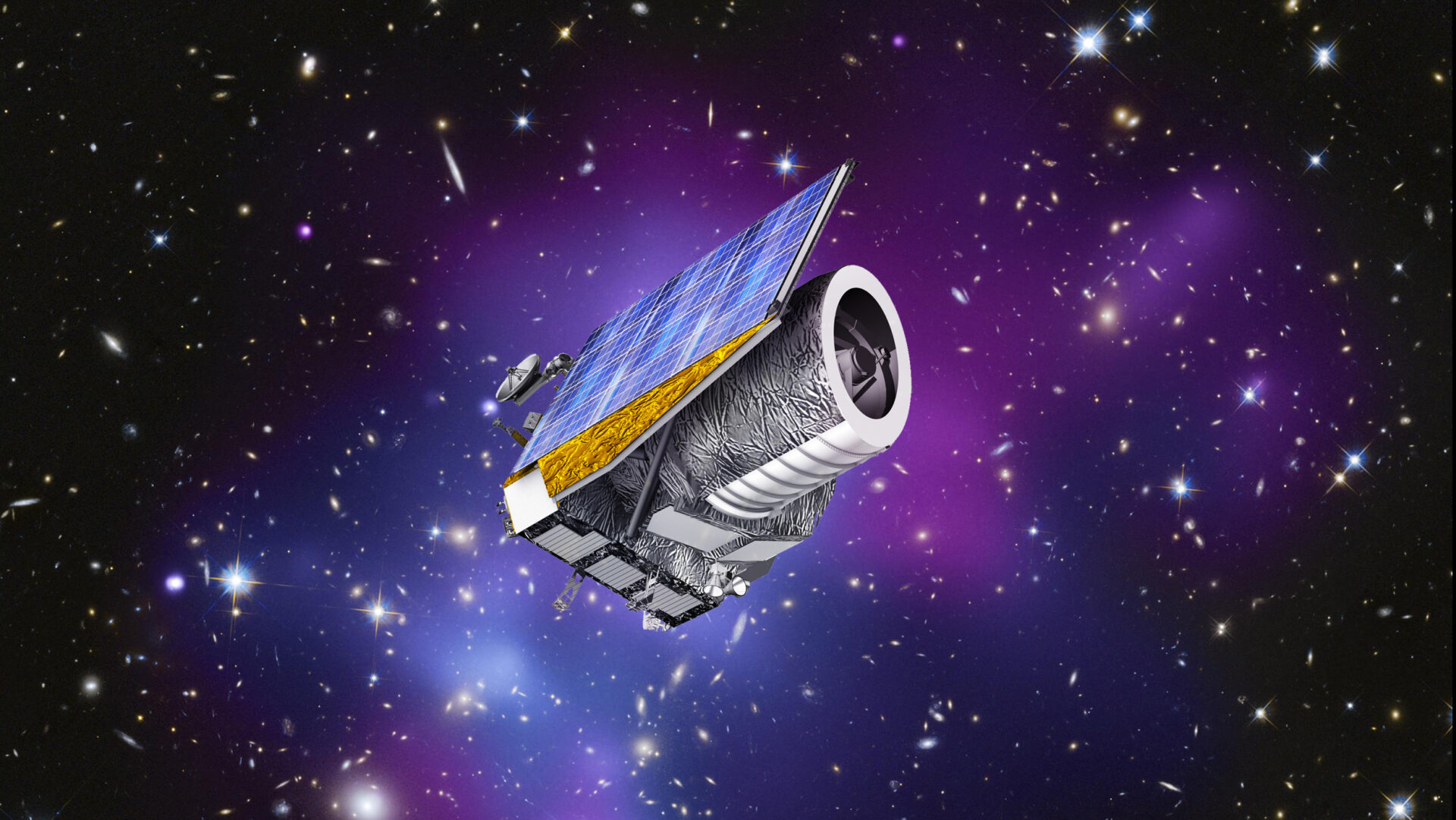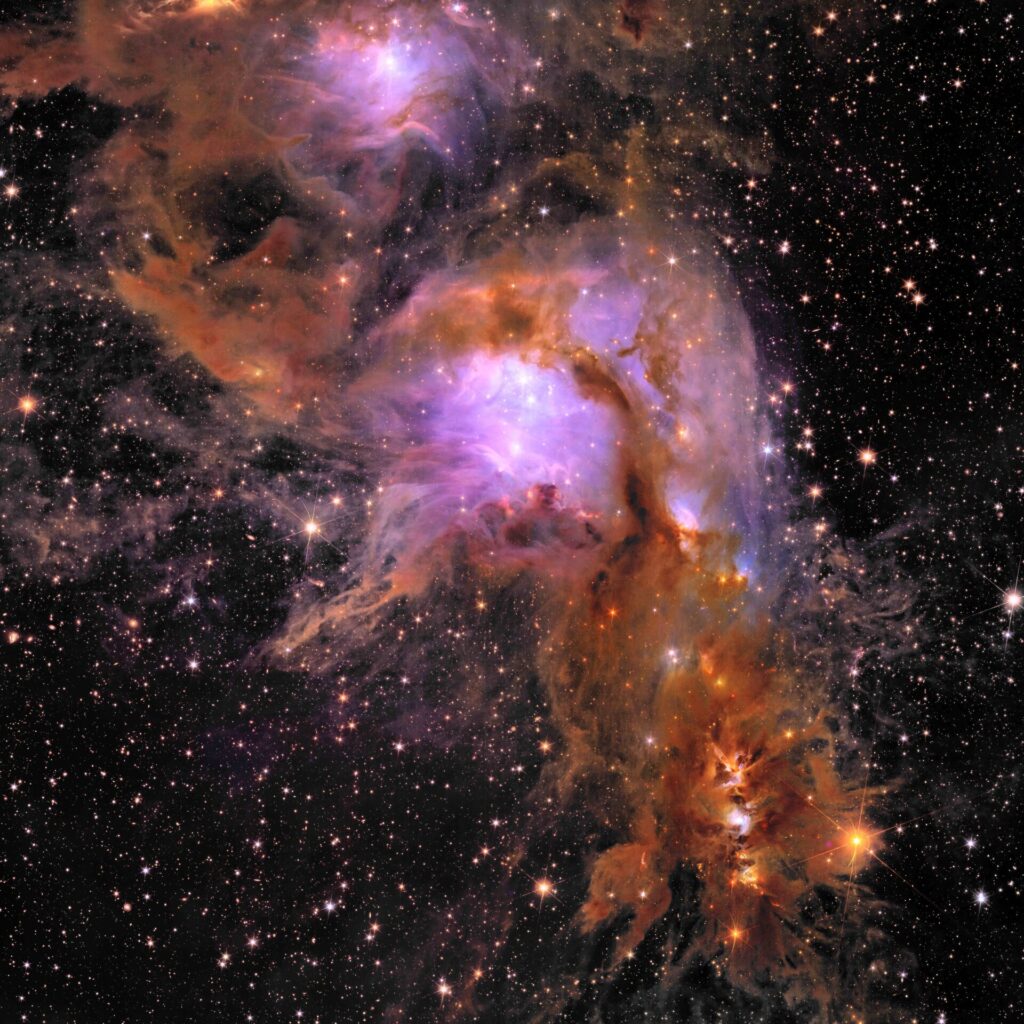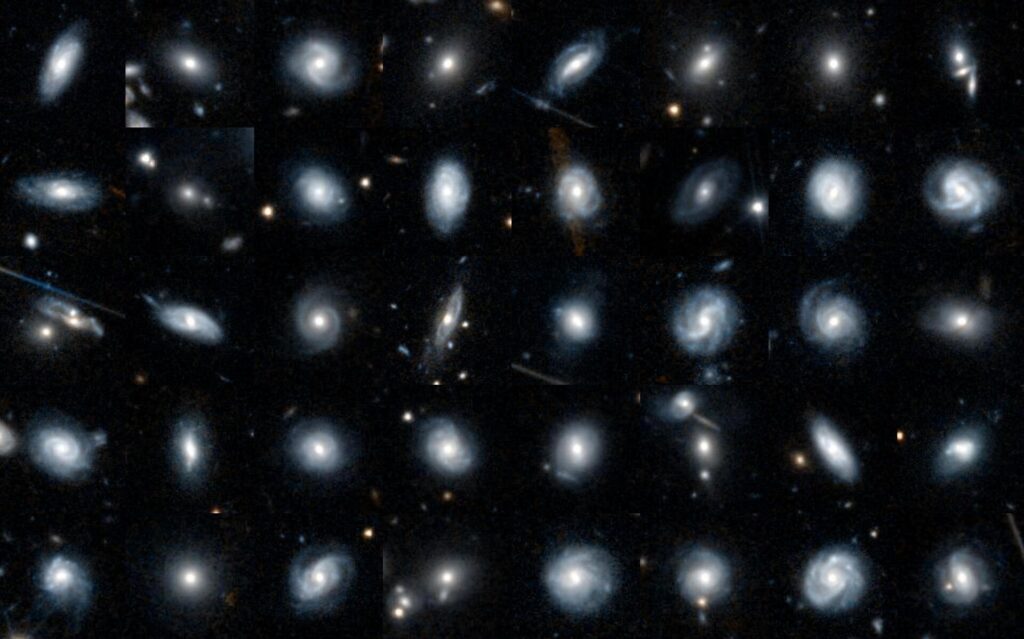The European Space Agency (ESA) has announced the launch of a new project on the citizen science platform Zooniverse. Its goal is to classify galaxies captured on images of the Euclid space telescope.

The Euclid telescope was launched in July 2023. The main task of the instrument is to study mysterious dark matter and dark energy — invisible forces that, according to scientists, make up 95% of the known universe. To do this, Euclid makes high-precision measurements of the redshifts of galaxies located up to 10 billion light-years away from the Milky Way.
During its mission to map the Universe, Euclid will obtain images of hundreds of thousands of distant galaxies. In November 2023 and May 2024, the world got its first glimpse of the quality of the telescope’s images. They show a variety of objects from nebulae to galaxy clusters. In the background of each of these images are hundreds of thousands of distant galaxies.

The spacecraft is expected to send about 100 GB of data back to Earth every day for the next six years. This is a very large volume, and it is incredibly difficult to process with the efforts of the mission team alone.
That’s why ESA decided to ask Galaxy Zoo for help. This is a citizen science project on the Zooniverse platform where anyone can help astronomers classify galaxies caught in Euclid images.
To help ESA, you need to sign up on the Zooniverse platform. Then, when viewing the images, you should choose the most appropriate answers describing the appearance of the galaxy: whether it has a disk, whether spiral arms are visible, whether it is in the process of collision with another galaxy, etc.

ESA separately emphasizes that the project participants will have a unique opportunity to become the first people to see new galaxies. In addition, the results of the volunteers’ work will be used to train AI algorithms that will also be used to classify galaxies in the future.
Earlier we told you about another citizen science project aimed at classifying variable stars in Gaia telescope images.
According to ESA


